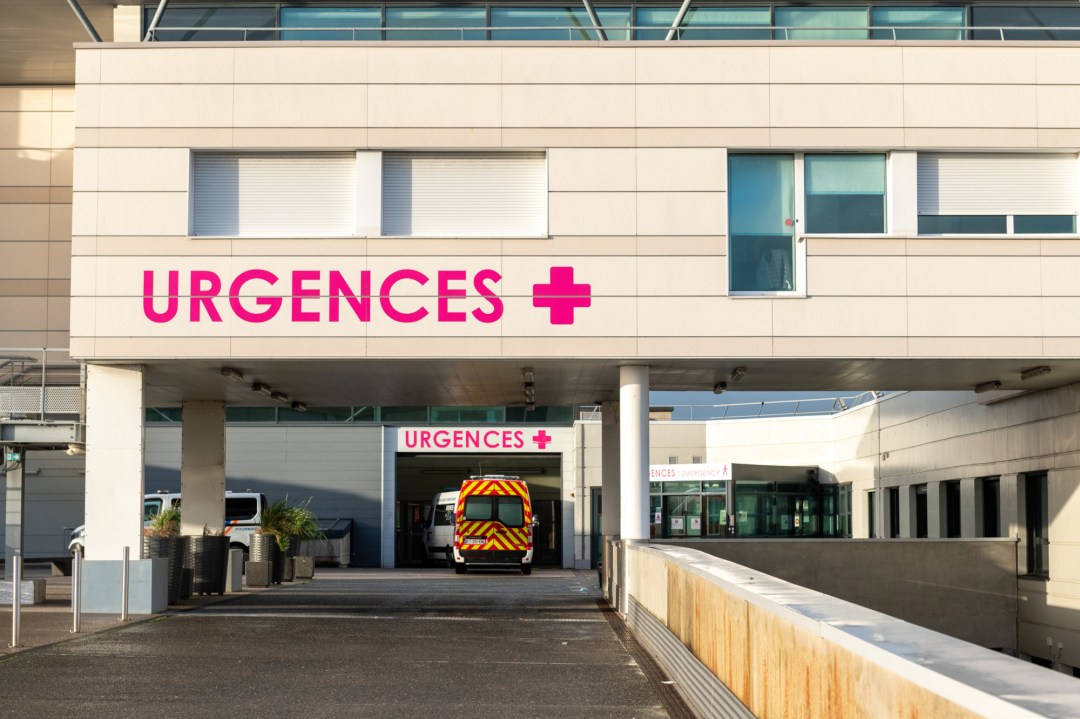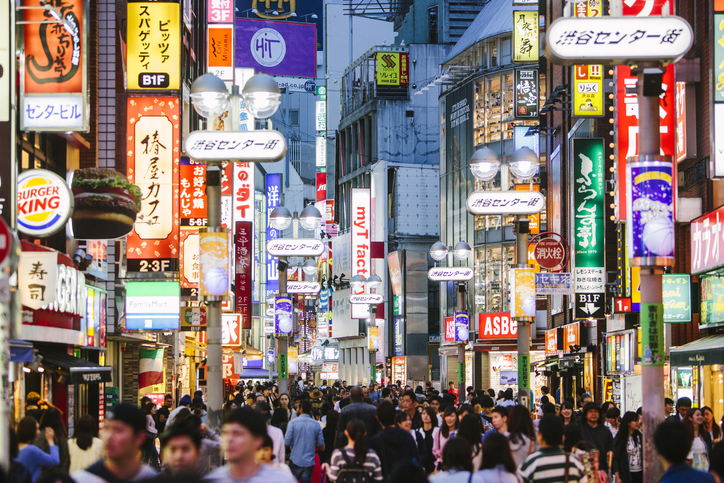Doctors are sounding the alarm. Across France patients are unable to get appointments and wait times in hospital emergency departments have been known to stretch to more than two days. In Nantes, such was the backlog that four people died in emergency rooms over just a three-week period while waiting to be admitted.
This is a system stretched far beyond capacity. France’s hospitals are buckling, not because of a pandemic or a natural disaster, but some say because the country offers free, lifelong medical care, and often residency, to anyone from abroad with a serious illness.
People are arriving in France from Africa, the Middle East, Eastern Europe, and even the United States, simply because they are entitled to free healthcare
France’s healthcare system is still ranked among the best in the world, at least on paper. But that reputation masks a widening chasm between promise and delivery, especially in Paris and other big cities. Migrants are arriving in France from Africa, the Middle East, Eastern Europe, and even the United States, simply because they are entitled to free healthcare. The numbers are staggering. Aide Médicale d’État (AME), which provides free healthcare to undocumented migrants, had over 466,000 beneficiaries in 2023. The scheme now costs over €1 billion.
The ‘étranger malade’ scheme grants residency and lifelong care to migrants with chronic illnesses, like cancer or kidney failure. Between 2017 and 2024, over 220,000 such permits were requested, mostly for treatments costing tens of thousands of euros per patient per year. Hospitals, already reeling from 100,000 bed cuts since 2000, are choking, leaving French taxpayers waiting longer for care they’ve funded their entire lives. A migrant need only demonstrate that adequate treatment is unavailable, or ‘less accessible’, in their home country. Courts have interpreted this to grant full residency rights to migrants where healthcare in their home country is available but just too expensive. This tsunami of medical migration is stretching the system to breaking point. Along the Channel, healthy migrants wait for their ride across to Britain. But the sick stay in France, where they get full healthcare.
A report last month by the Defender of Rights, France’s independent constitutional watchdog, called for urgent reform. Although the report does not explicitly address the politically explosive issues of AME and medical residence permits, they are the elephant in the room, looming over every page. The report emphasises the growing inequalities in access to care, the worsening condition of emergency services, and the systemic delays and overcrowding in hospitals, all consequences exacerbated by the unchecked rise in medical migration, and the strain it places on the healthcare system.
Our Moldovan cleaning woman came to Paris because her husband, suffering from serious heart disease, was offered a residence permit and full treatment, including life-saving heart surgery, entirely at the expense of the French taxpayer. Chronically sick migrants routinely arrive in France for dialysis or chemotherapy. Unlike the NHS, which charges for non-emergency care, France funds every expense. France also offers residence permits, often permanent, and social housing for migrants too ill to work. Meanwhile many of these migrants burden a system they’ll never fund.
A Parisian nephrologist told French news magazine Marianne: ‘In my department, we have had to… prioritise foreign patients needing dialysis.’ Christian Lehmann, a general practitioner, added: ‘I sometimes see French patients who can no longer get appointments because schedules are full handling foreign patients.’
A visit to a major hospital in Paris is an eye-opening experience. You’ll often hear more foreign languages in the waiting room than French. New arrivals seek treatment for chronic conditions like diabetes or heart disease, some coming straight to the hospital from the airport. Even Americans are arriving to take advantage. In the US, a pair of EpiPens can cost up to $700. In France: €10, after the state has paid most of the cost. Diabetics from the US are landing in Paris and receiving full treatment, and in some cases residency, for conditions they can’t afford to manage at home.
This was not the plan. In 1997, the Socialist government under Prime Minister Lionel Jospin introduced medical residence permits, initially for Aids patients facing death in countries which simply didn’t have access to medicine. Judges and bureaucrats over the years have expanded eligibility to cancer, kidney failure, heart disease, and even manageable conditions like diabetes. Every week, chronically ill migrants arrive in increasing numbers.
Marine Le Pen’s National Rally calls the free healthcare ‘a suction pump for illegal immigration’, demanding that only emergency care be covered. Emmanuel Macron’s government once proposed tightening eligibility, but the left and the all-powerful NGOs blocked reform. Macron backed away from dealing with the problem and France continues to offer residence permits to the chronically sick, and lifelong care, no questions asked.
Britain’s NHS appears to draw a line. Irregular migrants face charges and checks. Britain doesn’t give lifetime residency to a foreigner just because they are sick, like the French do. And in Britain care is at least initially limited to emergencies, not lifetime treatments.
The French have turned their health system into a global charity. Further collapse is inevitable. If the National Rally win the next elections, they’ve said they will turn this around. But for those in a queue at A&E, or dialysis patients who can’t find an appointment, two years until the next election will be a long wait.









Comments